Biochemistry
-
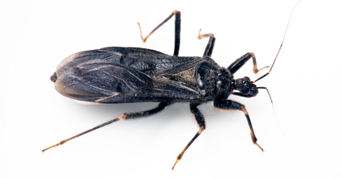
Cure in sight for kissing bug’s bite
It’s possible to cure Chagas disease – a deadly tropical infection transmitted by “kissing bugs” – in a mouse model. Read MoreFeb 15, 2013
-
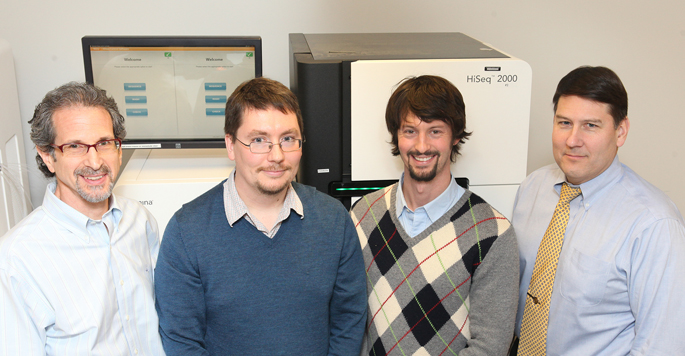
Study tracks genes involved in heart rhythm disorders
A team led by Vanderbilt University investigators has discovered two new genes — both coding for the signaling protein calmodulin — associated with severe early-onset disorders of heart rhythm. Read MoreFeb 7, 2013
-

New view of DNA processing ‘hub’
Structural studies reveal a new framework for understanding a central player in DNA processing. Read MoreJan 23, 2013
-

Seeing light receptor’s interactions
Understanding how the main receptor for light interacts with other signaling molecules may inform new pharmaceutical development. Read MoreJan 18, 2013
-
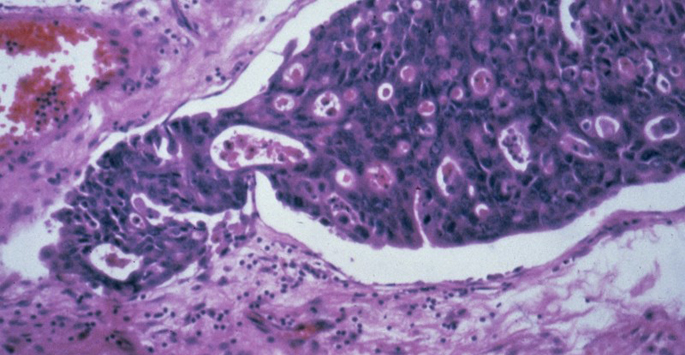
Cancer markers from archived tissue
Archived tissue samples are yielding new disease biomarkers. Read MoreDec 20, 2012
-

Carcinogenic chemicals cramp DNA
Researchers have determined how a DNA lesion caused by exposure to chemicals may spark cancer formation. Read MoreNov 21, 2012
-

An orphan enzyme’s purpose
“Orphan” enzyme may play role in cancer growth, new research suggests. Read MoreOct 4, 2012
-
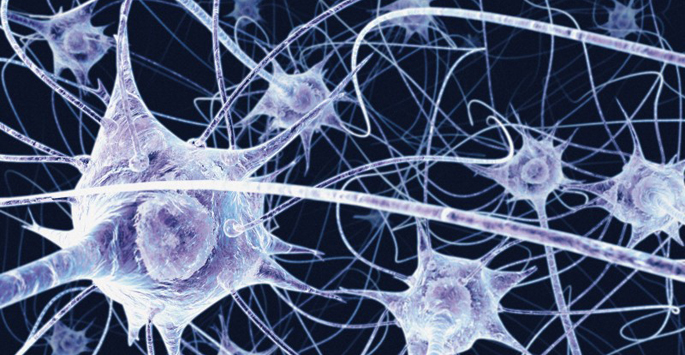
How ‘Jedi’ disposes of dead neurons
The protein Syk is essential for clearing away neuron “corpses” in the developing peripheral nervous system. Read MoreSep 19, 2012
-

Event celebrates Vanderbilt endowed chair holders
Twelve Vanderbilt University faculty members were honored for extraordinary contributions to their respective fields during an Aug. 28 celebration of endowed chair holders at the Student Life Center. Read MoreAug 30, 2012
-

DNA: From modification to mutation
Understanding how an environmental hazard damages DNA may shed light on processes of tumor formation. Read MoreJun 8, 2012
-

Alzheimer’s protein structure suggests new treatment directions
The molecular structure of a protein involved in Alzheimer’s disease – and the surprising discovery that it binds cholesterol – could lead to new therapeutics for the memory-robbing disease. Read MoreMay 31, 2012
-

‘Extractionator’ could bring cheap and effective malaria diagnostics to millions
The "Extractionator" is a sophisticated little device that automates the diagnostic sample collection and preparation process so it can be operated by individuals in remote environments with minimal training. Read MoreMay 9, 2012
-

Kudos
Leonard Folgarait, professor of history of art, delivered the keynote address on Mexican photography at the Art History Graduate Student Symposium held at Duke University. Nancy Godleski has been named assistant dean for collections at Central Library. Previously, Godleski was the Kaplanoff Librarian for American History and American Studies at… Read MoreApr 5, 2012
-
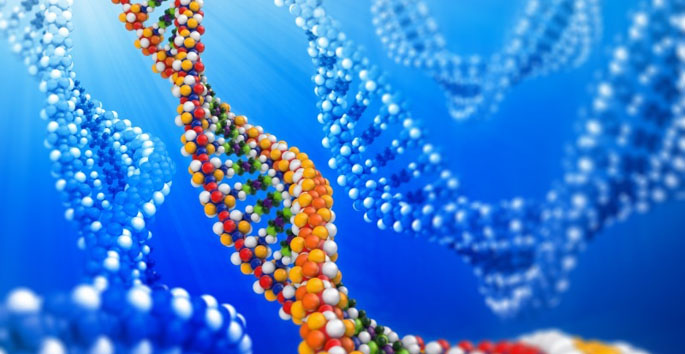
iPOND method goes fishing for proteins
A new tool will allow researchers to identify proteins involved in DNA replication and damage repair, processes that go awry in cancer. Read MoreMar 19, 2012
-
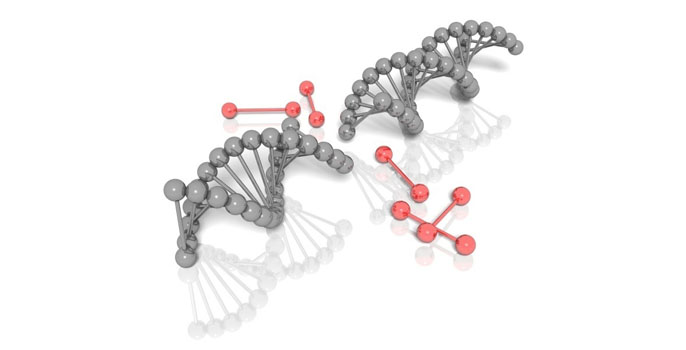
‘Detangler’ binds, bends and cuts DNA
New details on the DNA-cutting activity of topoisomerase II, a target of anti-cancer drugs, could lead to better chemotherapeutic agents. Read MoreMar 2, 2012
-
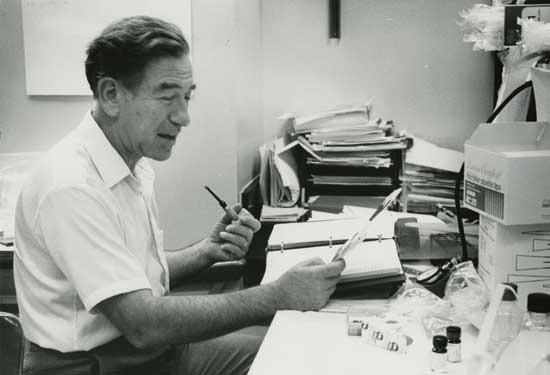
Looking Back
Distinguished Professor of Biochemistry, Emeritus, Stanley Cohen (image courtesy of Vanderbilt University Special Collections & University Archives) Born in Brooklyn, N.Y., to Russian Jewish emigrants in 1922, Stanley Cohen attended Brooklyn College, where he majored in biology and chemistry. After graduation, he worked as a bacteriologist at a milk… Read MoreJan 1, 2012
-
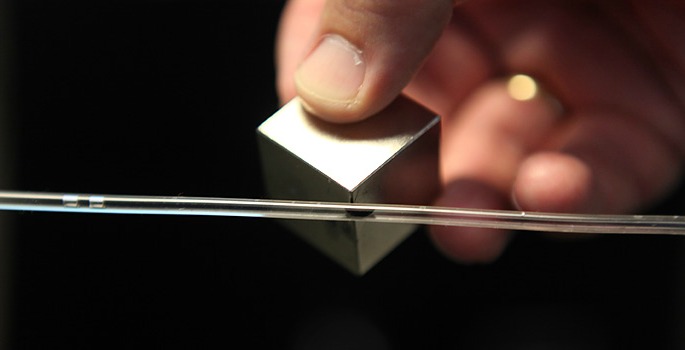
“Extractionator” could bring high-tech medical diagnostics to rural areas
The Bill and Melinda Gates Foundation has given them $1 million to three Vanderbilt scientists to develop a point-of-care sample collection and preparation product that could bring advanced medical diagnostic testing to the third world. Read MoreDec 16, 2011
-
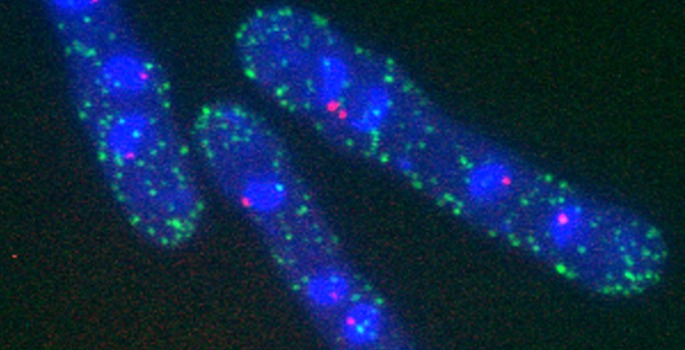
Vanderbilt sets record for number of new AAAS fellows
Fourteen Vanderbilt researchers have been elected fellows of the American Association for the Advancement of Science (AAAS). Read MoreDec 14, 2011
-
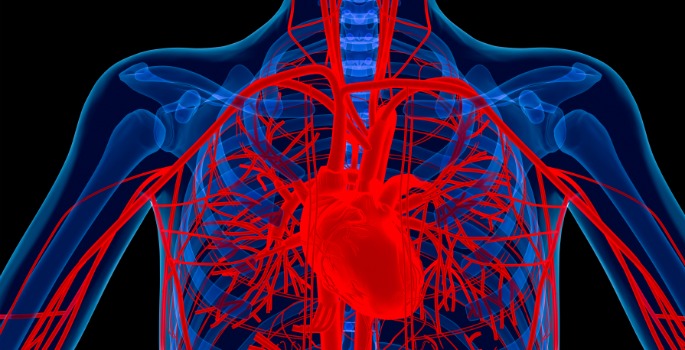
Drug target for deadly heart infection
Structural biology studies of a bacterial protein suggest a new target for treating life-threatening heart infection. Read MoreDec 1, 2011
-
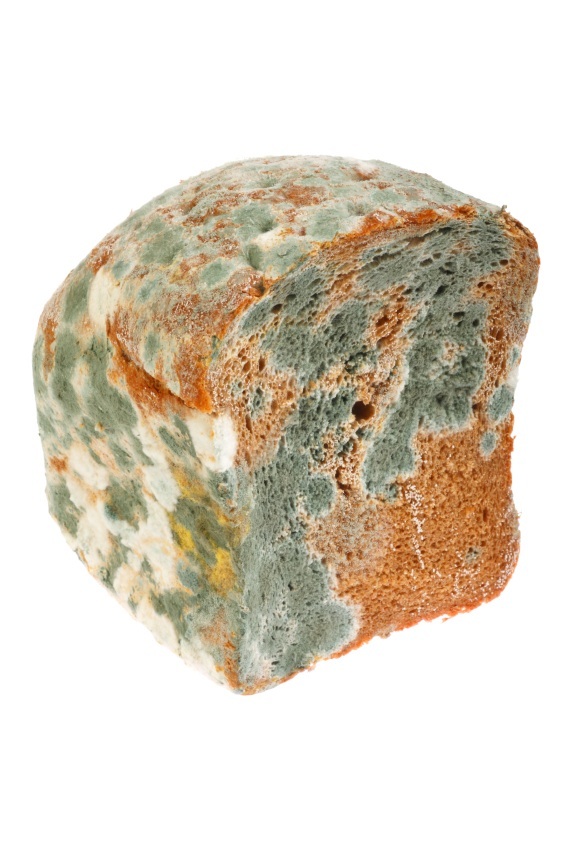
Fungus toxin gets in the way in DNA
Structural studies are providing insight to how aflatoxin – a toxin produced by fungi – contributes to cancer development. Read MoreOct 7, 2011